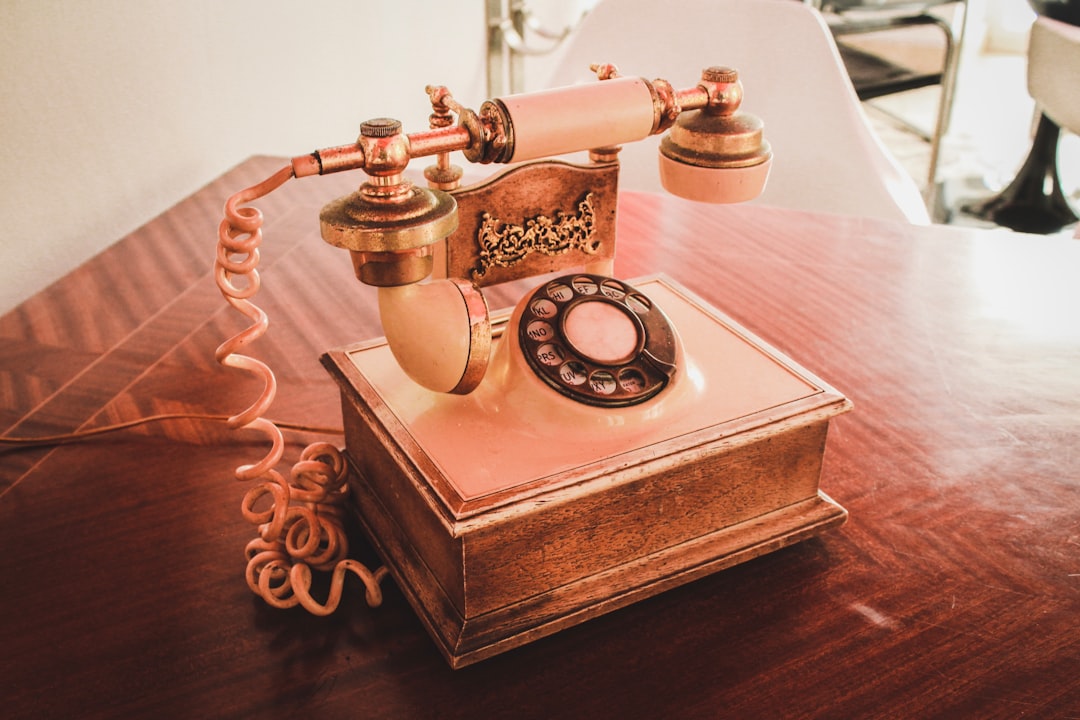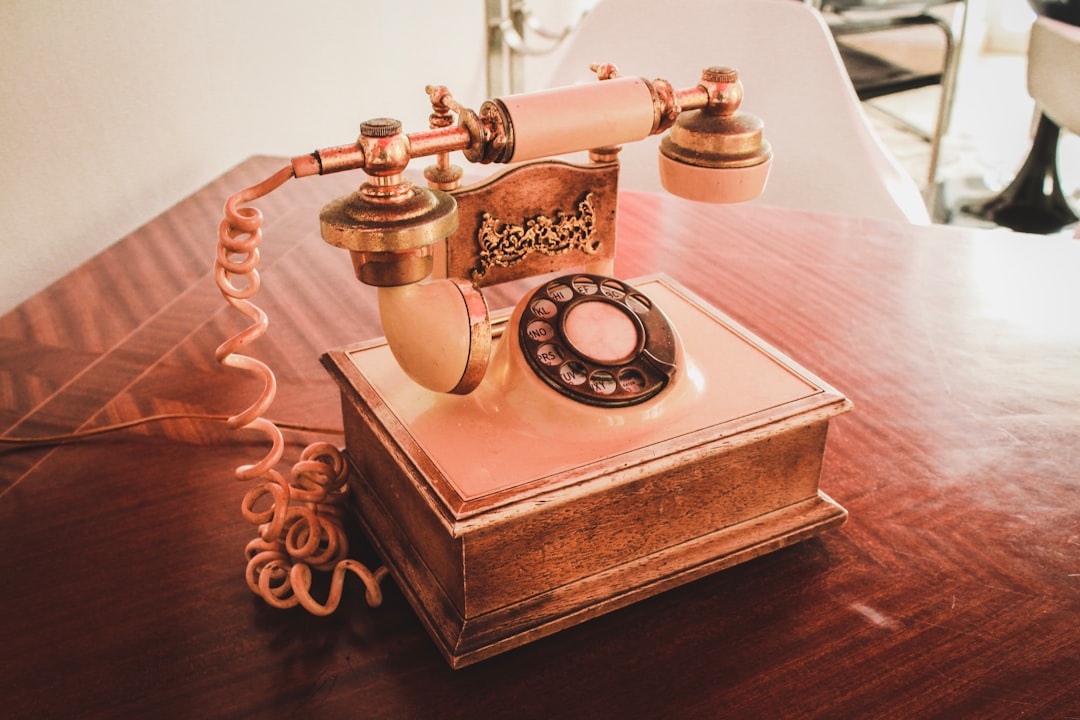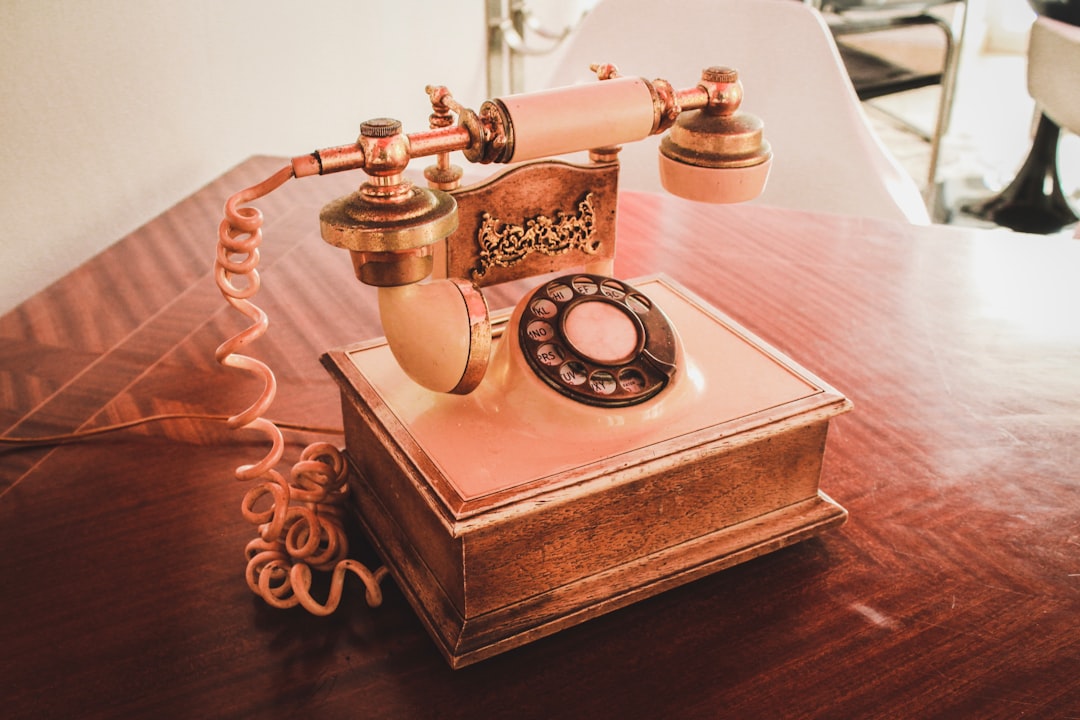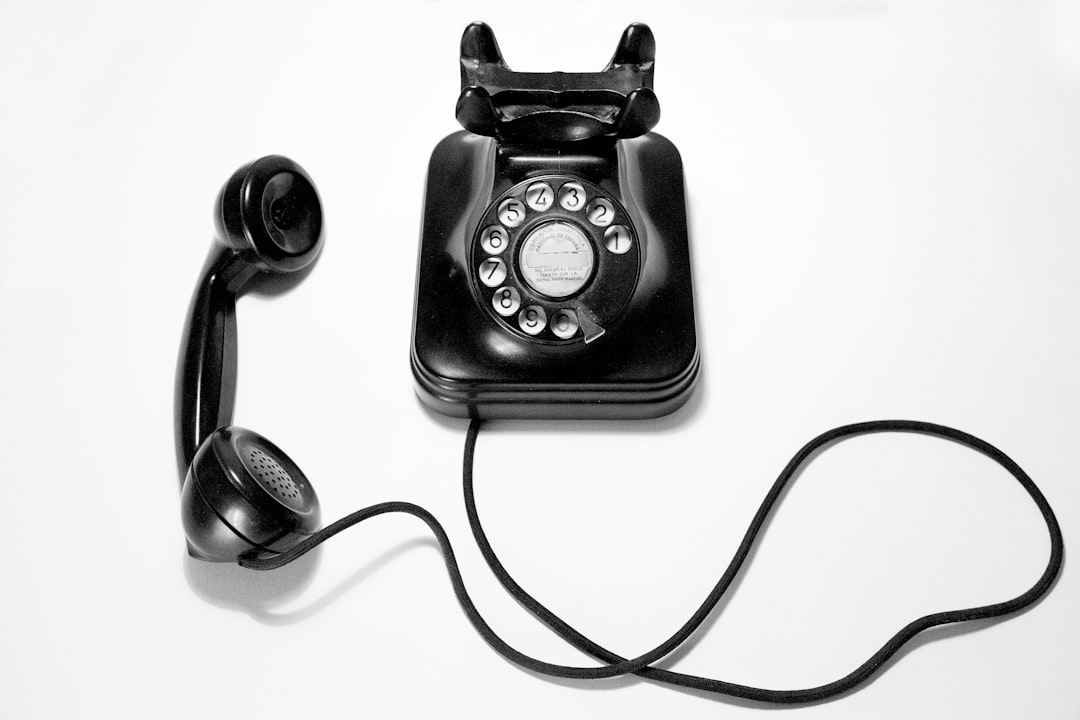Maryland's food truck industry faces challenges from spam calls disrupting operations. To combat this, residents and operators can register for the National Do Not Call Registry, employ call-blocking apps tailored to their needs, report suspicious calls, and adopt stringent number-sharing policies. By following these strategies, Maryland food truck owners can reclaim their time and focus on enhancing their culinary contributions to the state's vibrant food scene, protected from unwanted intrusions.
In Maryland, the rise of spam calls targeting food truck operators has become a significant challenge, disrupting operations and impacting business growth. This article explores the pervasive issue of unwanted phone calls, delving into their impact on local culinary entrepreneurs. We identify common sources, offering practical strategies for defense against these relentless intrusions. Additionally, we examine legal perspectives, empowering Maryland’s food truck owners with knowledge of their rights and available resources to combat spam calls effectively and reclaim their peace of mind. Learn how to stop spam calls in Maryland today.
Understanding the Problem: The Rise of Spam Calls Targeting Maryland Food Truck Operators

In recent years, Maryland’s food truck operators have faced a growing challenge in the form of spam calls. These unwanted phone interactions are not only disruptive but can also be detrimental to the financial stability and customer experience of these businesses. The rise of automated call systems targeting food trucks across Maryland has led to a significant increase in calls that serve no purpose other than to annoy and distract.
To stop this nuisance, Maryland residents and business owners must understand the source and methods behind spam calls. How to Stop Spam Calls Maryland involves adopting various strategies such as registering on the National Do Not Call Registry, utilizing call-blocking apps, and reporting suspicious calls to local authorities. By staying informed and proactive, food truck operators can reclaim their time and focus on providing quality services in the vibrant culinary landscape of Maryland.
Identifying Sources: Tracking Down the Origin of Unwanted Calls

Spam calls can originate from various sources, making it challenging for Maryland food truck operators to discern legitimate customers from unwanted intruders. To combat this issue effectively, operators should employ strategies that help identify the origin of such calls. One method is to scrutinize call patterns; spam callers often use automated systems, which may show up in call history as unknown or out-of-state numbers. By analyzing these trends, operators can gain insights into potential spam sources.
Additionally, using specialized tools designed to block and trace spam calls can provide crucial information. These tools are capable of identifying patterns and categorizing incoming calls, allowing operators to focus their efforts on blocking specific areas or phone numbers associated with high volumes of spam activity. Armed with this knowledge, Maryland food truck operators can take proactive measures to protect their businesses, such as implementing call-blocking software or signing up for reputable anti-spam services tailored to small businesses.
Strategies for Defense: Effective Ways to Stop Spam Calls in Maryland

To combat the nuisance and potential business disruption caused by spam calls, Maryland’s food truck operators can employ several effective strategies. First, utilizing call blocking apps or software designed to identify and block unwanted calls is a practical step. These tools can be customized to filter out specific numbers or types of callers, significantly reducing the volume of spam calls received. Many such applications offer advanced features like automated call screening, allowing operators to focus on genuine customer interactions.
Additionally, registering for Maryland’s Do Not Call list is crucial. This official registry helps prevent sales and marketing calls, including spam, from reaching your business line. Operators can also implement a strict policy of only sharing their phone numbers with trusted customers and partners, thus limiting the exposure to spammers. Regularly reviewing and updating this policy ensures that personal contact information remains secure and protected from unauthorized access or misuse.
Legal Perspectives: Rights and Resources for Food Truck Owners in Maryland

Food truck owners in Maryland, like all business operators, have legal protections against spam calls. The Telephone Consumer Protection Act (TCPA) is a federal law that restricts automated telephone marketing and requires prior express consent for text messages and prerecorded calls. Under the TCPA, businesses can face significant fines for making unsolicited calls. In Maryland, the Attorney General’s office actively enforces these regulations and provides resources to help small businesses understand their rights.
Maryland’s food truck industry contributes significantly to the state’s economy and cultural diversity. Protecting operators from spam calls is crucial for fostering this environment. There are several ways owners can combat unwanted calls, including registering with the National Do Not Call Registry, using call-blocking software, and educating customers about opting out of marketing messages. By leveraging these legal protections and resources, Maryland food truck owners can create a safer and more enjoyable experience for both operators and consumers.






